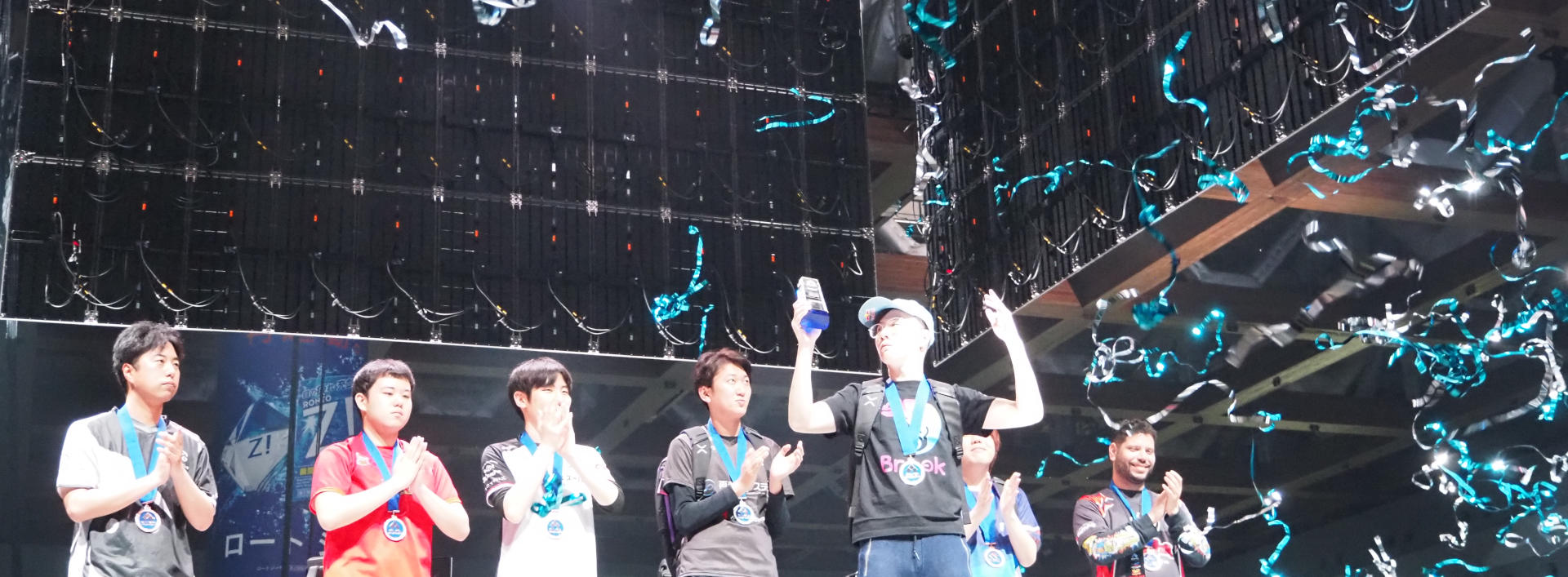Warning: I’ve got more Amazon links on the book covers. I like having little pictures to go with the words though, and this seems like a reasonable way to do it. If you buy stuff from the links maybe I get some money, but since I think that will go to my US address, it probably won’t be that useful to me…
I’ve been using my OLPC to read ebooks lately. In particular, I signed up for Tor Book’s free weekly sci-fi ebbok giveaway (register here, which I found out about through the Slashdot posting) and have received a whole bunch of books from them.
In the past I’ve read ebooks on my Handspring Visor and Treo 600 that I’ve gotten from the Project Gutenberg library. As a side-note, how depressing is it that basically, things before 1923 have had their copyrights expire and are free for public domain use, but everything else is questionable. If the work was published before 1964 and hasn’t had its copyright renewed, it is public domain, but anything after 1964 is under copyright until the death of the author plus 90 years. I will be dead before I can legally use what is essentially, the culture in which I grew up. There is a nice list of “recent” science fiction at Project Gutenberg listed on the Thunder Child site.
Also, the Baen Free Library is an excellent source of science fiction – and their Webscriptions Service is great too – I’ve used it a few times to buy nice DRM free books. I highly recommend Rick Cook’s Wizard books for some computer geek fantasy. The first one is free, so you might as well check it out. There are compiled and Lisp jokes mixed in with Dragons (well, my personal feeling is that Lisp is full of Dragons anyway, but…)
So, I’ll use this post to review some ebooks that I’ve read.
Harry Turtledove: The Disunited States of America
I’ve read one or two other Harry Turtledove novels, and they all basically have the same premise: what if people went back in the past and gave powerful weapons to someone during a war. The “alternate history” sort of novels. This one is a little different and it uses the concept of parallel worlds to get the reader to a setting that is similar to our world, with one change. In this case, the simple framing of the premise is: what would happen if the Federal Government in America failed, and States retained all their powers as individual nations.
I didn’t realize this but it turns out that this book is the fourth in the “Crosstime series” – so there are other ones that come before this. I haven’t been too interested in much of Turtledove’s work since I read one or two of his novels, but generally I like his writing style, but don’t think the ideas are too interesting and there usually isn’t much in the way of subtlety. I enjoyed this book, but I’m not too fond of stories where the hero is a young teenager (which this book features) although it isn’t as bad as the standard Japanese trope of “The fate of the world rests on a moody young teen” (who needs to save the world using a Giant Robot, or Magic Sword, or Henshin powers.)
It was worth reading as a free book, but I’m not interested in checking out the other three books in the series. Still, if you like Turtledove’s alternate history style, you will probably like this book. Check it out!
William Poundstone: How would you move Mount Fuji?
I haven’t been reading this one on the OLPC, but I’ve been reading it on and off. A friend of mine recommended it, and it is a very interesting read. It isn’t a book as much about interviewing techniques as say, Programming Interviews Exposed, but it certainly is useful for people preparing for interviews. It also has a really interesting retrospective on puzzles in interview situations, and a history of IQ testing, and touches on the early founding of Silicon Valley.
The book isn’t really about the actual puzzles that pop up in interviews as much as the history and background of the interview style. There is also an interesting chapter about how he thinks interviewing should be done. I’m not a big fan of puzzle questions in the interview since the whole process is very stressful, and I don’t think that these questions test how good a person will be for a job as much as how good the person is at solving puzzles. I think you are better off looking at how well someone performs on questions that are relevant to the job, so for programmers and CS area jobs I like computer science / algorithm / design / coding questions. Those can be pretty difficult as well, and still be relevant to the job. If you are relying too much on puzzle questions, you are going to get people who prepare for puzzles, but I don’t think the kinds of things that pop up at a job are as well defined and clean as puzzles.
Anyway, this book does have a lot of sample puzzle questions and very good explanation of the solutions to them, and it also has a very interesting overview of interviewing in general. I recommend it!
John Scalzi: Old Man’s War
John Scalzi’s Old Man’s War is another book that I heard about on Slashdot somewhere – in fact, the article that let me know about the Tor ebook giveaway thing – and people said really good things about it. I actually joined the Tor book giveaway late, and I can’t seem to find an archve function on their site, but I was able to dig up the link through some tricky websearching. I made a point of making this the next book to read on my OLPC, and it has gone by quickly (about three days of subway commutes and some at-home reading.) I’m now definitely going to buy some more John Scalzi books.
Also, he has a blog that looks interesting, so I’ve added that to my blog reader.
I really enjoyed Old Man’s War, and I see that he has about three other books in the same universe. I’m going to order them for sure. Acutally, I have really enjoyed reading this book on my OLPC, the form factor is about right (there is some stuff I would do to make it better, but it is pretty nice) and the OLPC is so versatile (I use it for studying Japanese with Anki and can use it to take notes, look up words in Japanese, etc.) that it is convenient to take with me on an everyday basis. If I will have it with me anyway, it is about as easy to read on it as it is to read a paperback, and I don’t have to worry about storing the book later, but I can still keep it indefinitely. I really wish that Tor was selling their catalog like Baen does. I would buy all Scalzi’s book right now. Instead I’m going to wait for a little bit and make a big Amazon order I imagine. Alternatively, it would be nice if Amazon sold the Kindle in Japan, but honestly I think I prefer the OLPC if I’m going to lug something around. The OLPC is more open to hacking and is already a very multi-functional device for my needs.
I class Old Man’s War up there with Starship Troopers and The Forever War, two excellent books about war in the future. I don’t know if it will have the impact of either of those two books, but I think if you liked either of those, you really should read this one too.


Leave a Reply